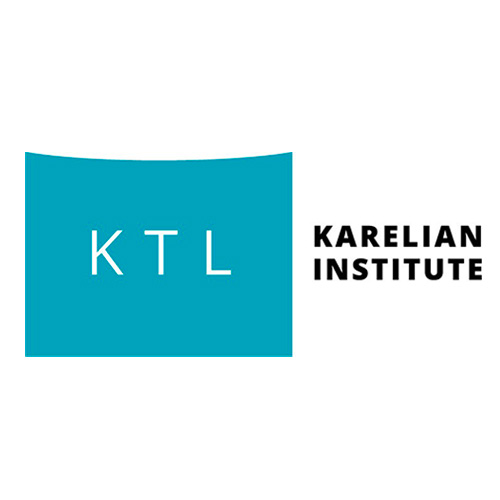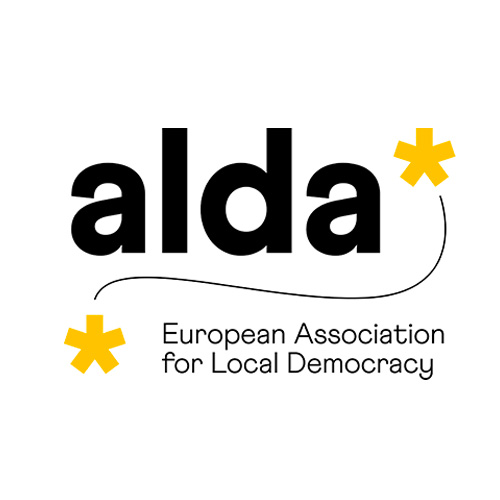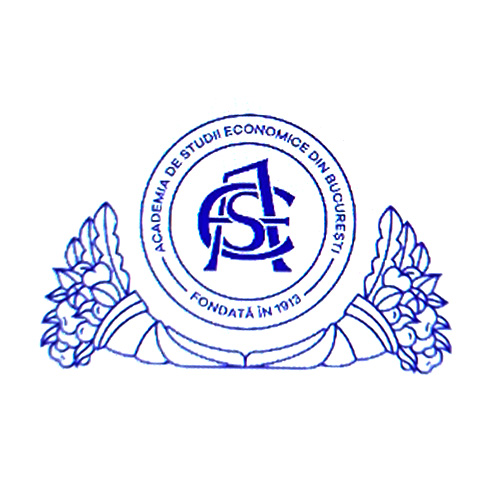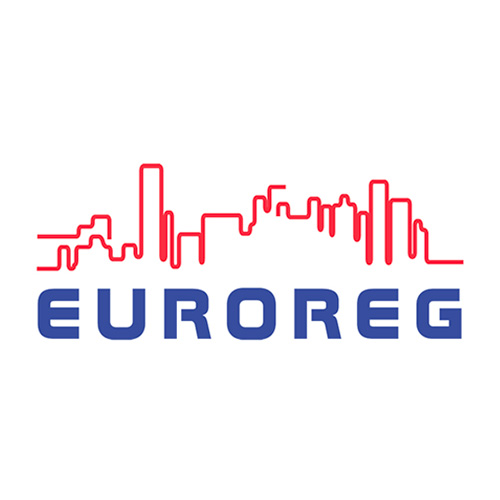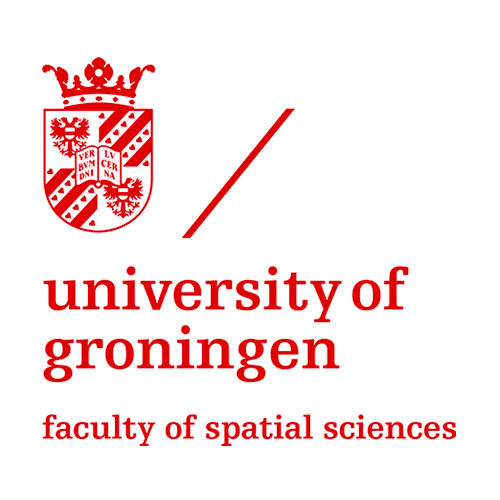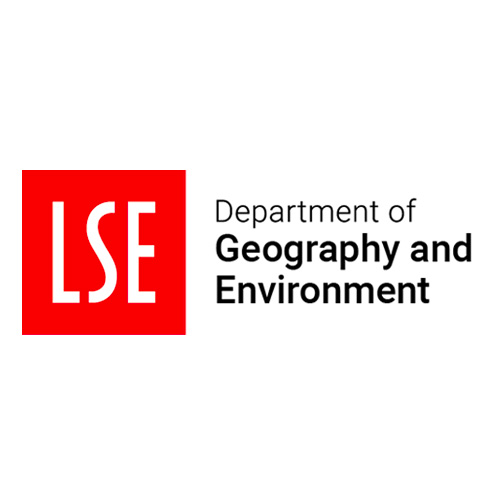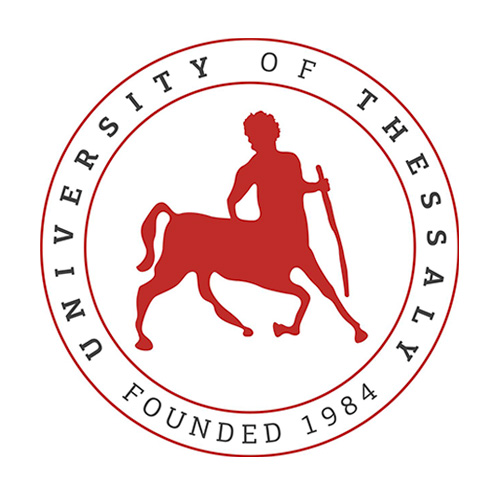
OBJECTIVES
Economic, Social and Spatial Inequalities
in Europe in the Era of Global Mega-trends
OBJECTIVES
THE PROJECT’S FIRST OBJECTIVE AIMS
To relate the various drivers and outcomes of inequality at different levels of aggregation to each other in an interactive and dynamic way.
THE SECOND OBJECTIVE
OF THE RESEARCH PROJECT
Is the careful definition and measurement of inequality in its various dimensions.
THE THIRD OBJECTIVE OF THE PROJECT PROPOSAL
Is that it will examine the impact of drivers of inequality at various spatial scales, from global to the local neighborhood and household levels focusing
on the spatial level that is more suitable for analyzing the drivers of inequalities more clearly.
A FOURTH OBJECTIVE
OF THE RESEARCH PROPOSAL
Is that it provides a framework of analysis that allows learning from policy success, but also, policy failure.
A FIFTH OBJECTIVE OF THE PROPOSAL
Is the development of an open-access data-driven platform, that will provide estimates of the levels and types of inequality for specific social groups and spatial units under different scenarios related to initial conditions, the combined impact of drivers and the strength and mix of policy responses.
The EU inclusive growth policies need to be better informed by new and consolidated knowledge related to the persistence, evolution and drivers of inequality. The main goal is to detect, model and map the interdependence among drivers of inequality and outcomes (including circular causality) in a multi-level, poly parametric context with specific tailor-made policy recommendations.
TO THIS END, THIS PROJECT AIMS TO DEVELOP:
- A holistic and integrated framework of analysis, coupled with precise measures of multi-dimensional inequalities. This framework will provide the scientific community a deeper and better understanding of the multiple and interacting forces behind the persistence or upsurge of inequalities;
- Open access datasets and scientific work, which could be exploited by the scientific community to develop cutting-edge research on inequalities;


- Tools for policy analyses, recommendations, and instruments of intervention, for policy-makers to identify the spatial dynamics of inequality and identify the governance levels best based to act;
- Research-based framework, guidance and recommendations for policy-makers, social actors and stakeholders to identify both critical thresholds in societal tolerance of inequalities, and instruments to tackle unsustainable trends and reverse inequalities;
- Policy packages to address the needs of left-behind people, left-behind places, and marginalized groups;
- Tools of analysis and strategies for the business sector to design more inclusive and more productive wage structures and business practices;
- Various learning tools tailored to different stakeholders to increase awareness of inequality and its ramifications for individual well-being and social cohesion.

